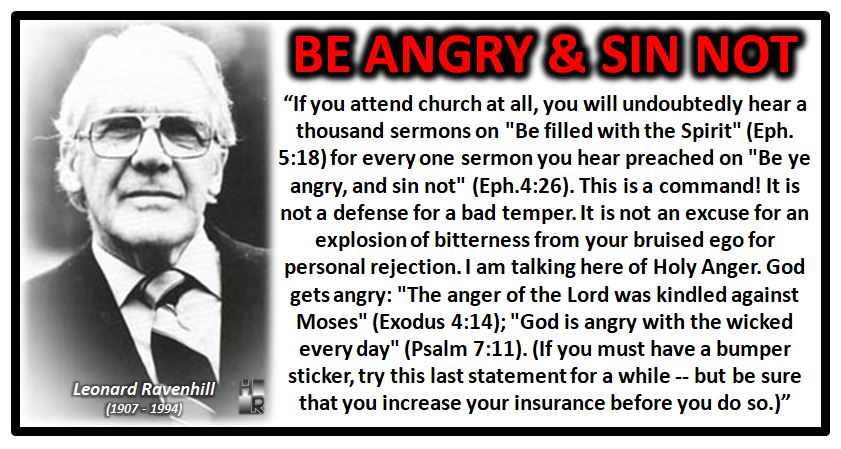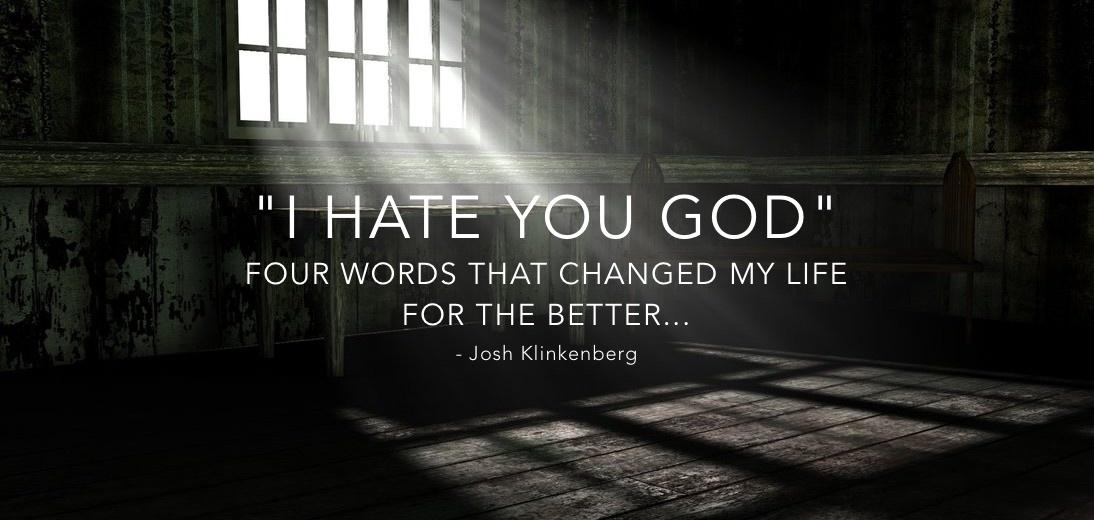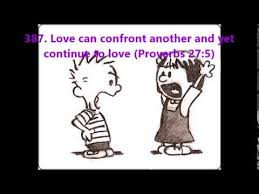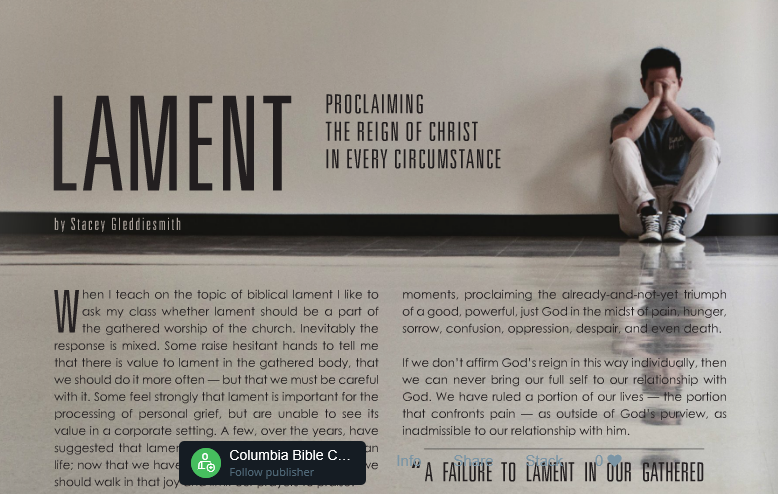Why God?, Honesty, Anger, and Lament: Psalm 74:1

A Maskil of Asaph.
God, why have you abandoned us forever?
Why does your anger smolder at the sheep of your own pasture?
-Psalm 74:1
I learned and taught not to ask God why. But here it is in scripture. We have permission to ask why. But we don't have a license to judge God.
The negative on the why question is that God won't usually answer that, but what he wants to do is to reveal himself to us (his character) in our situation. It is natural to cry out, "Why?", when a bad thing happens; and that is what we have here in Psalm 74.

Why have you rejected us forever, God?
Why does your anger burn against the sheep of your pasture?
-Psalm 74:1
Psalm 74 is a brutally honest prayer, by someone who believes in God's power to restore, and is a true patriot; but is honest to God about the bad way it is, right now.
(I wrote about Asaph, and an introduction to Psalm 74, in my post, Psalm 74:8)

Why does your anger burn against the sheep of your pasture?
-Psalm 74:1
Notes from Don Williams:
(Don Williams, The Communicators Commentary, 1989, Psalms 73-150. )
 Why is this verse and this whole psalm and many others like it, in the Bible? Is God a rejecting God and does God get angry with his people?
Why is this verse and this whole psalm and many others like it, in the Bible? Is God a rejecting God and does God get angry with his people?
-Psalm 74:1
Notes from Don Williams:
There is a moral order after all, and God is to be known in judgement as well as redemption. This means that life is no neutral zone where the will of God is inoperative. Rather, life is a battle zone where the will of God and the will of human beings (and the devil himself) are in continual conflict. Thus Israel experiences not God's indifference or her own ambiguity, but she feels God's judgement when the roof falls in. As Augustine puts it, if we reject God's mercy we are only left with His wrath.
Commentators identify this psalm as a corporate lament. When the roof falls in upon us, we are not to despair and indulge in the nihilism of the age. Rather, we are to pray. In Jesus we know that beyond God's judgement is His grace. Here is our covenant, sealed in the Savior's blood. And as God restores His church we too will praise Him.
(Don Williams, The Communicators Commentary, 1989, Psalms 73-150. )


Is Jesus different than the Father, or the Holy Spirit? Is God the Father prone to grouchiness? Are pictures, projected images of God, that aren't exactly accurate; allowed to be part of inspired scripture? Is God so secure with himself that he permits us to misunderstand who he is?

Does God love us so much that he cares more about our being honest than being correct? Isn't religion about being righteous, "right-ness"? Self-righteousness is the antithesis of a loving relationship with God.
God wants us to come as we are and let him make us righteous. Becoming devoted.
God wants us to come as we are and let him make us righteous. Becoming devoted.

God's religion for us is devotion to Him, with a growing spirituality, where we are being transformed by Him, in an ongoing relationship. In this, we are friends and lovers of God. Friends and true loves are honest with one another. This is what God has always had for us.

We want to be honest to God, because honesty is the basis for an intimate relationship. God already knows how we hurt and what we feel. When we tell Him it helps us and gives Him pleasure. Friends and lovers tell each other what is bothering them. It's odd not to share problems. All that is to say that we can tell God how it is, straight up.
Examples:
"Why have you rejected us?"
"I am depressed!"
"I want to be married!"
"I lost my job!"
"I have no church!"
"I can't find a good church!"
"I am sick!"
"We are divided!"
"My calling was aborted!"
"People hate me!"

Why have you rejected us forever, God?
Why does your anger burn against the sheep of your pasture?
-Psalm 74:1
Are you still mad at us and are we still in a time-out? There is a way to say this, to God, that is not blasphemous, that does not take God's name in vain.
 There are things we can not know or can not understand. But we can always ask. We are allowed to be disappointed and even angry. We just can't judge God.
There are things we can not know or can not understand. But we can always ask. We are allowed to be disappointed and even angry. We just can't judge God.
Questioning and being very upset are what you do with someone you love and you know loves you.
It would be odd not to.
"Johnny Get Angry", is a song that conveys how anger is a form of true love. Passivity and indifference are not love. We sometimes have sharp words and argue with those we love. The couple who never fight may not have a very passionate marriage.
 God's anger at his kids is not abusive or hateful.
God's anger at his kids is not abusive or hateful.
-Psalm 74:1
Are you still mad at us and are we still in a time-out? There is a way to say this, to God, that is not blasphemous, that does not take God's name in vain.

Questioning and being very upset are what you do with someone you love and you know loves you.
It would be odd not to.

"Esau I hated", means, "that guy did something very distasteful to me." It's like hating brussel sprouts or hating hypocrisy. It is normal to be angry with someone you love. God is that way and he made us to be lovingly angry too.

To not ever become angry with someone either means you don't care or there's really no depth to the relationship. We get angry about things relating to the ones we care about





There is a proverb that says, "Better is open rebuke than hidden love". This is wisdom from God and how God wants us to function with one another and towards him. Flattery is a great sin. Real worship is not flattery, but raw, honesty. The highest form of worship is lament.

We ought to tell God the truth. We can't get healed or get a plan on what to do next, if we do not start with honesty. God is not a person who has, "things he doesn't want to hear". He actually wants to hear you tell him the things you are afraid to say, that are offensive to you.

A Maskil of Asaph.
Why have you rejected us forever, God?
Why have you rejected us forever, God?
Why does your anger burn against the sheep of your pasture?
-Psalm 74:1
This is an honest prayer. We know that God does not reject his people forever, here on earth, in history.
But the psalmist felt this way and said it, wrote it, probably set it to music and invited others to sing a sad song.
___________________________
Here's a link to article for the image just above:
Comments
Post a Comment